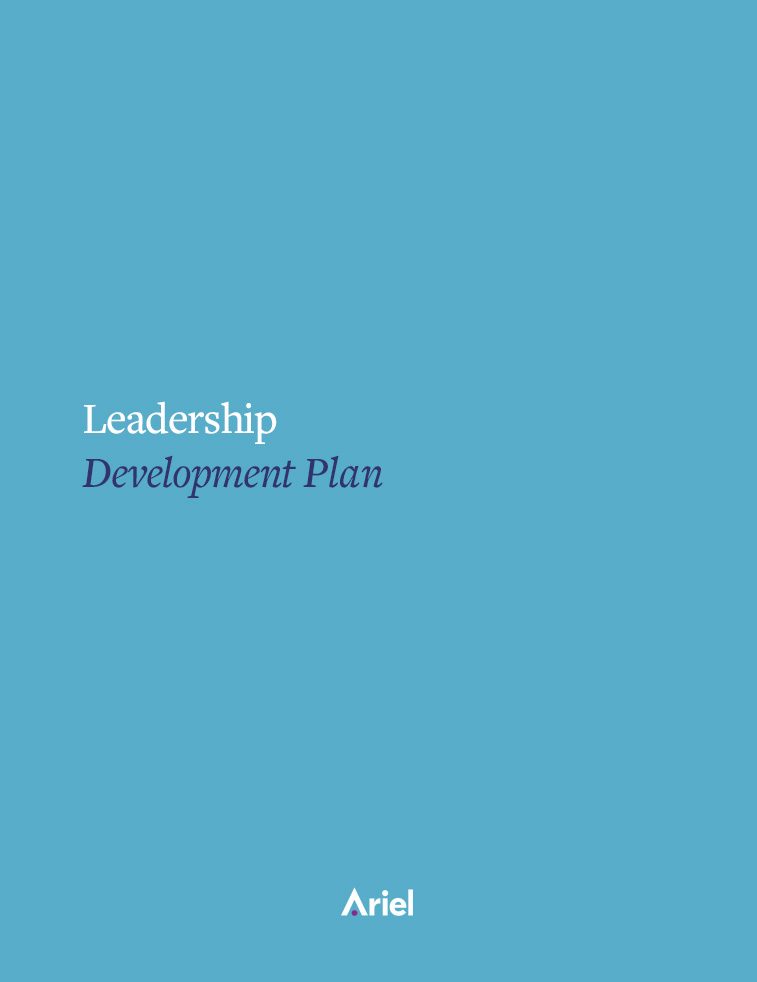Is Coaching the Missing Link for Developing Millennial and Gen-Z Leaders?

There’s a growing leadership crisis. As seasoned leaders near retirement, younger generations are expressing little interest in stepping into traditional management roles. Studies show that many Gen Z employees prefer individual contributor positions rather than roles involving managing people. What does this mean for the future of leadership?
Melanie Polk, executive coach and former brand management executive, believes that to create great leaders, conversations around leadership need to happen earlier. “Everyone can benefit from thinking about their leadership and themselves as leaders early, even if they aren’t planning on being a Vice President or CEO. Individual contributors need to have emotional intelligence, be strong communicators, and influence and inspire others.”
When Should You Start Leadership Coaching?
Leader development shouldn’t wait until someone is appointed to an executive role. Organizations that start cultivating leadership skills early—through mentorship, stretch assignments, and coaching frameworks—are better positioned to fill the looming leadership gap.
Programs that embed leader development across all levels of the organization, from interns to emerging managers, help employees think of themselves as potential leaders, regardless of their official titles.
Melanie shares the story of a painfully shy freshman she coached at Rice University through their groundbreaking leader development through the Doerr Institute for New Leaders. “The student was so quiet that I could barely hear them when they spoke. As I coached them, I asked what leadership meant to them and where they could practice leadership in their lives as a student on campus.”
Three years later, she had the opportunity to coach them again in a leadership course she was leading. The now-senior who came into the group was a completely different person. “They brimmed with quiet confidence and knew what they wanted out of life.” They told her that their conversations three years earlier provided the opportunity to practice leadership in ways they never would have thought to do otherwise, and it was life-changing.
The Need for Executive Coaching Beyond the Executive Team
Coaching has traditionally been reserved for executives and high-potentials. But the looming leadership gap demands that companies think beyond the C-suite. Leadership is not a skill learned at the top, but one that is continuously developed.
Melanie believes coaching helps people, “think about how they want to show up as leaders earlier so they don’t make the same mistakes as other leaders have made by trial and error.”
Why Leaders Should Use Coaching Frameworks to Be Better Managers
The best leaders empower their employees, challenge them, motivate them to grow, give them constructive feedback, and communicate well. In short–a great leader has a lot in common with a great executive coach. Melanie believes that the best managers are more than supervisors, they are coaches.
The ‘leader as coach’ is about, “partnering with our employees within a coaching framework.” You have to make sure employees are accountable for the work they’re hired to do and also ask yourself, how can you empower this person? How do you resolve conflicts? How can you challenge and motivate them? This style of management is designed to create environments where individuals feel empowered to think critically and take ownership of their work.
Another similarity with coaching is that every relationship is bespoke. No two employees are alike in motivations, values, etc. “As a leader, bringing the bespoke element of the coaching relationship into the interaction can be very powerful.”
Melanie Polk’s Coaching Philosophy: Bringing a Curiosity Mindset
Melanie asks thought-provoking questions that push her clients to explore ideas and arrive at their own solutions. She says, “sometimes it’s just one question that can change the way we look at ourselves and our opportunities.”
She emphasizes the importance of a “beginner’s mindset” in coaching. Staying curious and open helps her attune to each client. Executive coaching can yield transformative growth and give people the confidence to shake their limiting beliefs.
About Melanie Polk
 Melanie Polk is an experienced executive coach and former brand executive. She worked in brand management and marketing research for such brand powerhouses as Disney, Dr. Pepper/Seven-Up, Apple, and Quaker Oats. She leveraged her leadership background to shift into coaching as a way to transfer the power she realized working with a coach to her executive clients.
Melanie Polk is an experienced executive coach and former brand executive. She worked in brand management and marketing research for such brand powerhouses as Disney, Dr. Pepper/Seven-Up, Apple, and Quaker Oats. She leveraged her leadership background to shift into coaching as a way to transfer the power she realized working with a coach to her executive clients.
In addition to her work with leaders in organizations, Melanie also works with her alma mater, Rice University, at the Doerr Institute for New Leaders developing the next generation of leaders and teaching in their ICF-certified coach training program, CoachRICE.
